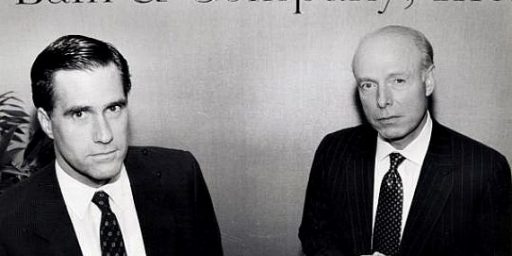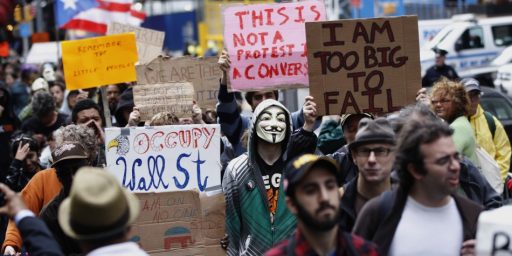Stress Conservation Law
Dilbert creator Scott Adams says that the amount of stress in the world is constant, with relief always transferred to another person or another time.
Scott Adams offers a provocative and amusing post arguing that stress is a closed system.
My theory is that stress is a universal constant. If you have less of it at any given moment, then other people must be taking on more to balance things out. For example, let’s say you go on vacation. While you’re on the beach, your coworkers are trying to handle their own workload plus the projects you left behind. You haven’t reduced stress; you’ve simply transferred it to your coworkers. And if you work alone, as I do, you can frontload your stress to get ahead of deadlines, but you can’t reduce the total amount.
Suppose you have a non-injury accident in your car. You’re all stressed out, and the universe is temporarily out of balance. Then the tow truck shows up. He’s the happiest guy you’ve ever seen because he’s making a good profit from your misfortune. Soon the stress level at a local auto repair shop will go down because they will have a new customer. And the suppliers for that body shop will get paid, and so on down the line.
All of our institutions are set up to ensure the efficient balancing of stress across humans. Consider capitalism. Every sale of stock creates one winner and one loser. Every promotion leaves someone behind who is jealous and resentful. Every bid you win means more work.
On a monetary level, Capitalism isn’t a zero sum game. In principle, while the rich get richer, the poor can be getting less poor. But with wealth comes extra stress. As soon as you shed the stress of starving, you take on the stress of a higher level of responsibility. You can get rid of certain causes of stress, but you can’t get rid of stress itself. The universe makes sure that new stress always finds you.
While this balancing no doubt occurs, I’m not sure that it’s zero sum. Indeed, I’m pretty sure that it isn’t.
Americans are more aware of this thing called “stress” than at any time in history and we all seem to have an overabundance of it as we balance multiple competing demands on our time. Our lives are doubtless more complicated that those of our forebears in a lot of ways.
At the same time, though, the nature of the stresses are decidedly less severe. We’re probably more worried than ever before but the things we’re worried about are increasingly trivial. We’re not fretting about the locusts eating our crops but over traffic making us late for picking up Johnny for lacrosse practice. A spate of bad weather means more bitching, not the prospect of starvation.
Or doesn’t that matter? We idealize our childhood as a happier time — less responsibility, more free time — but kids are constantly stressed out and lack the coping skills that come with maturation. So, maybe, the triviality of our concerns is less important than the abundance of them.
via Andrew Sullivan






